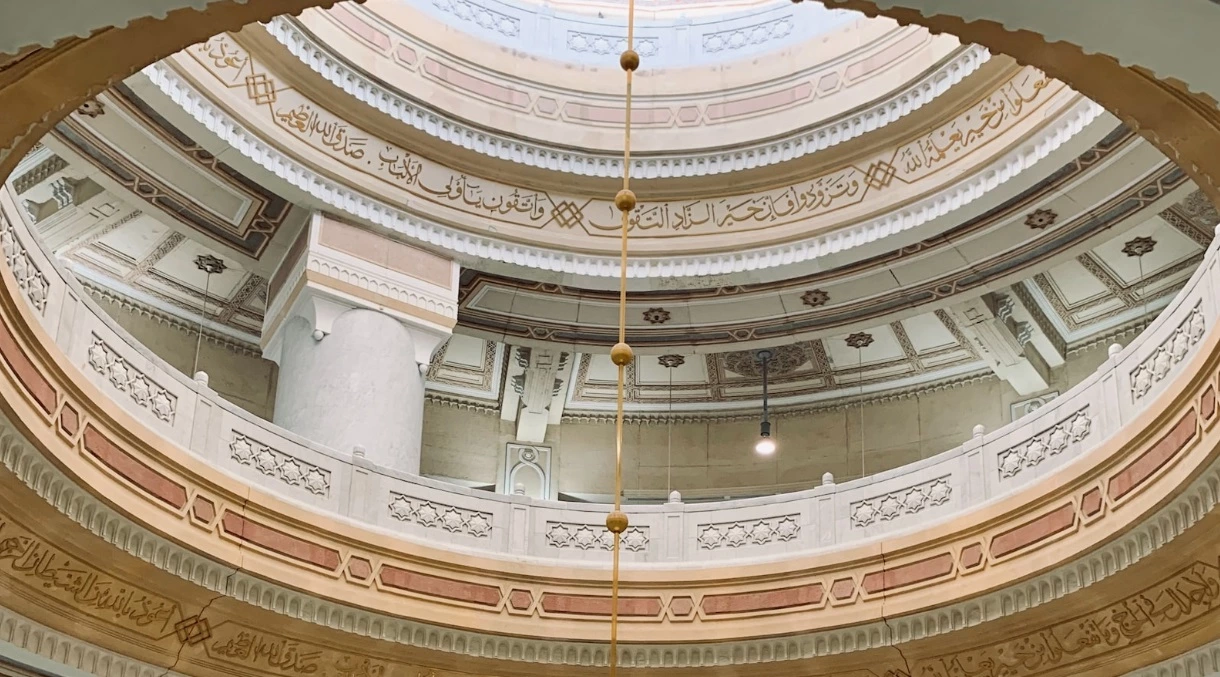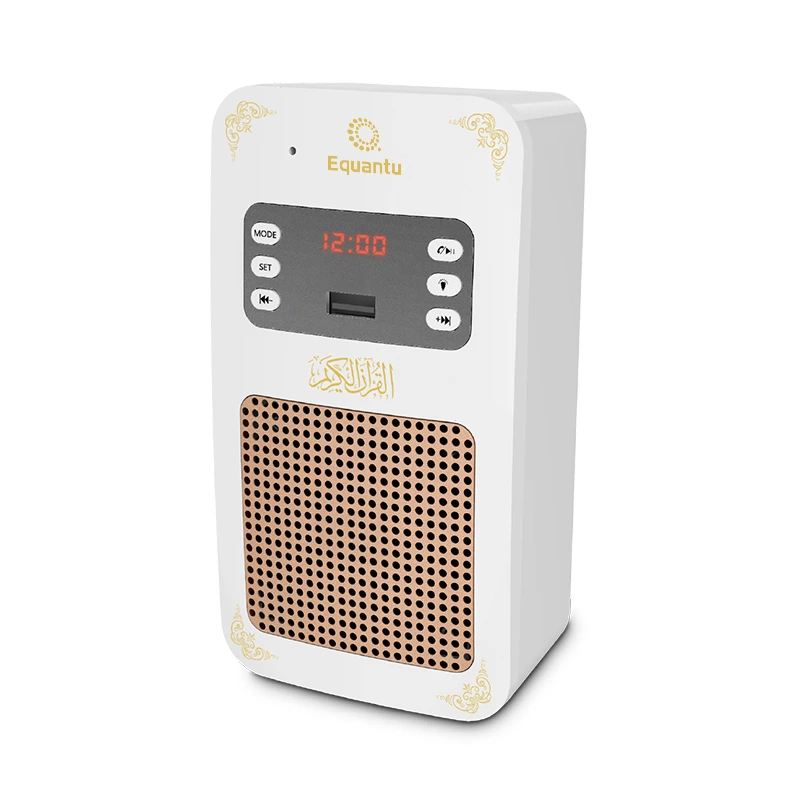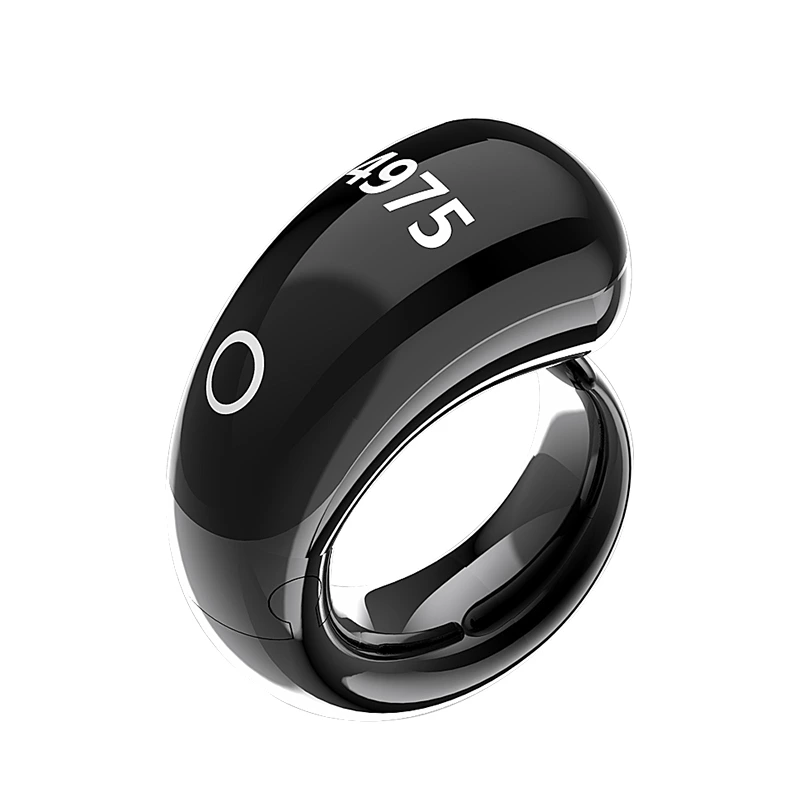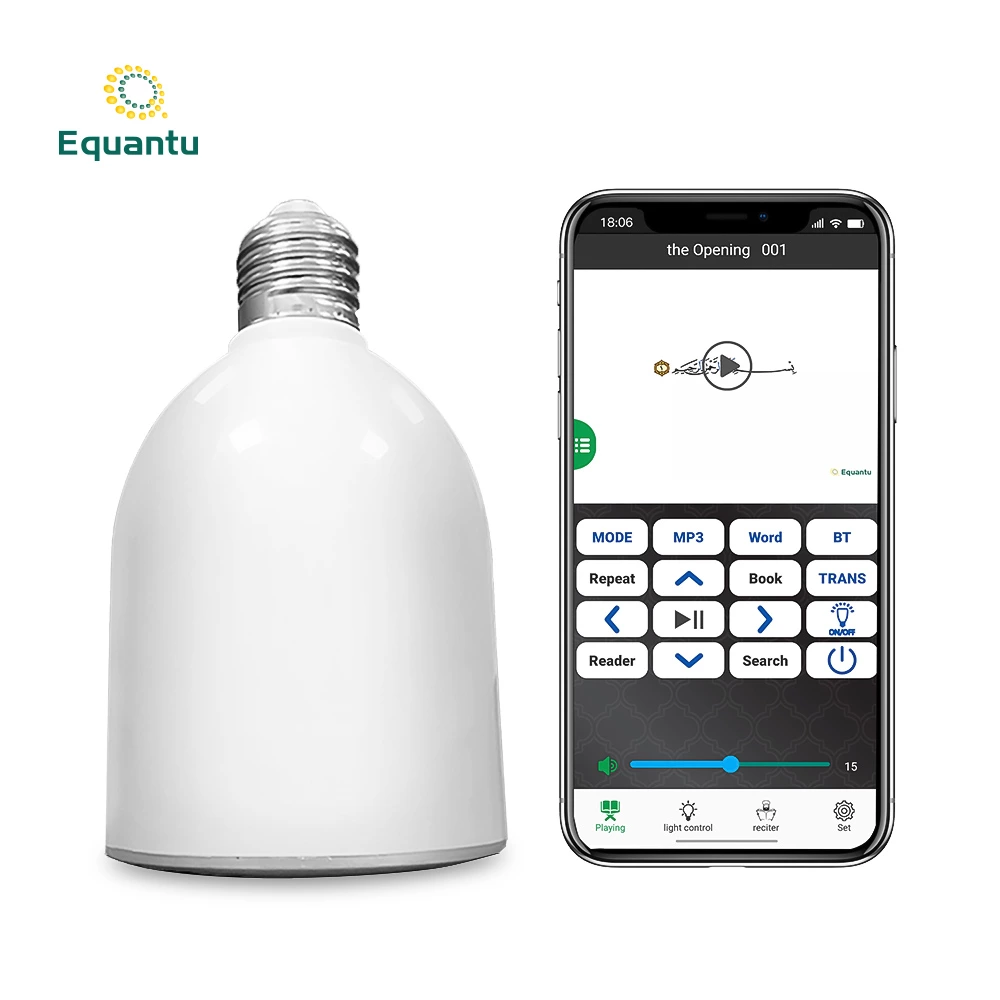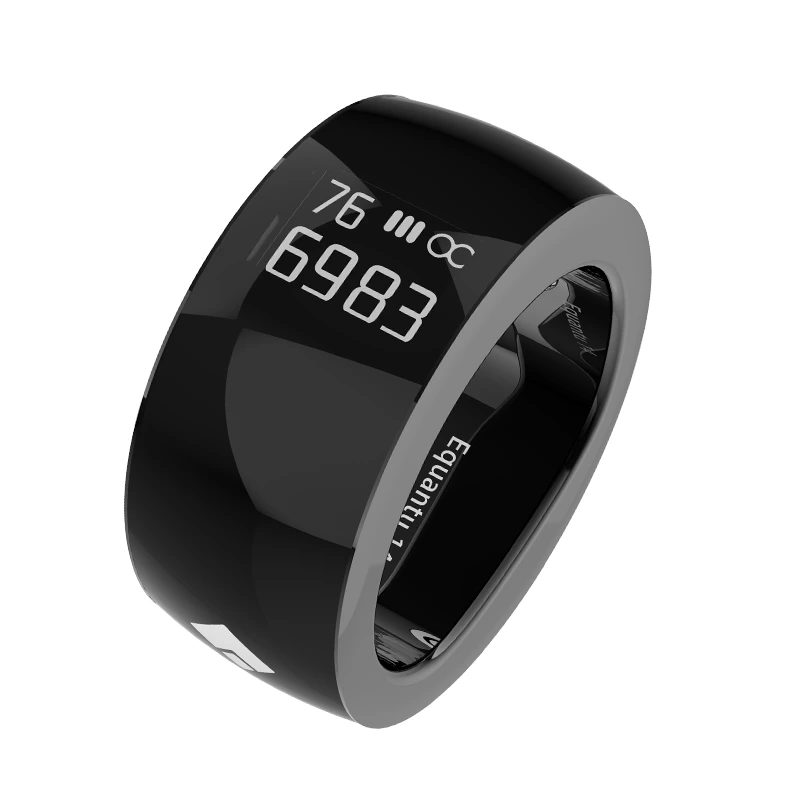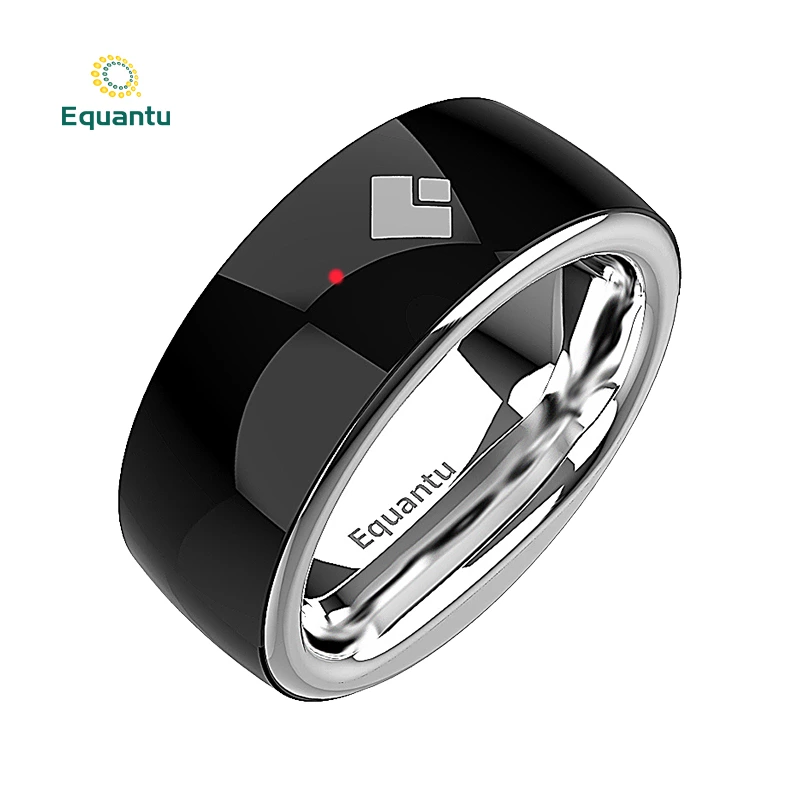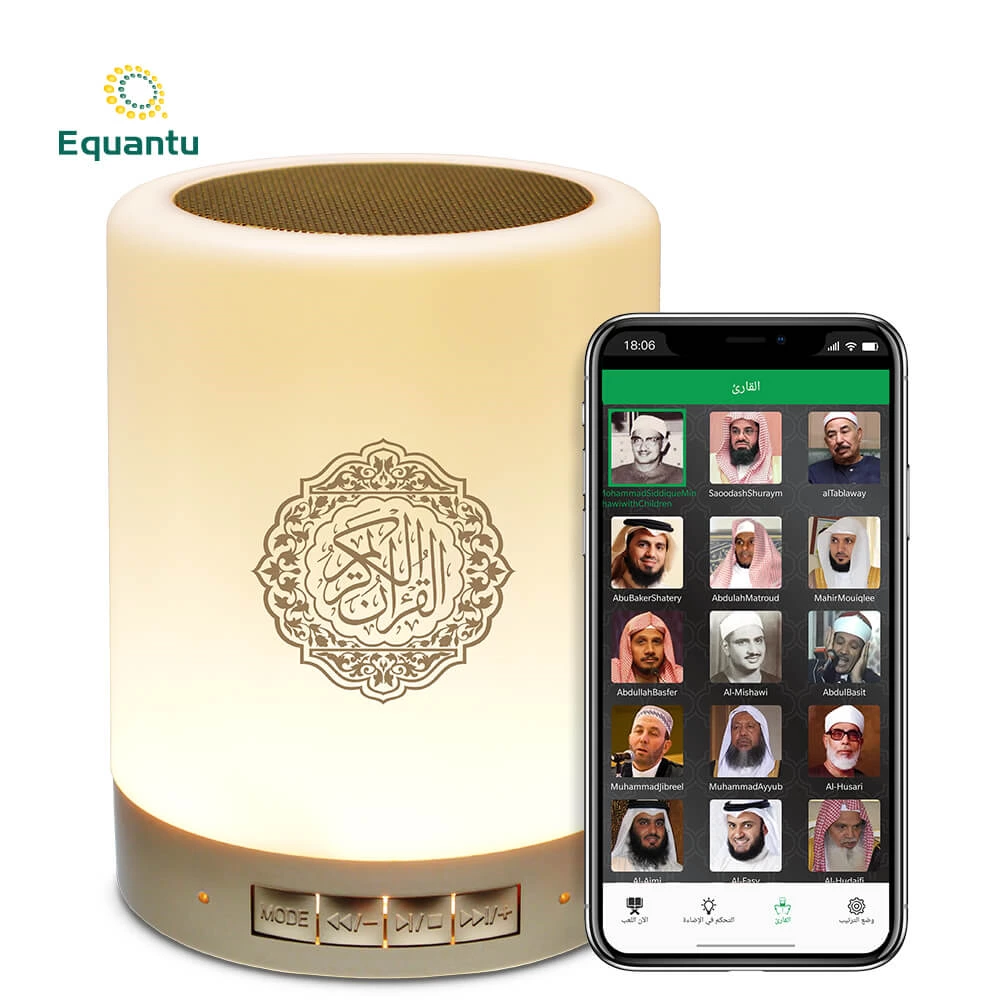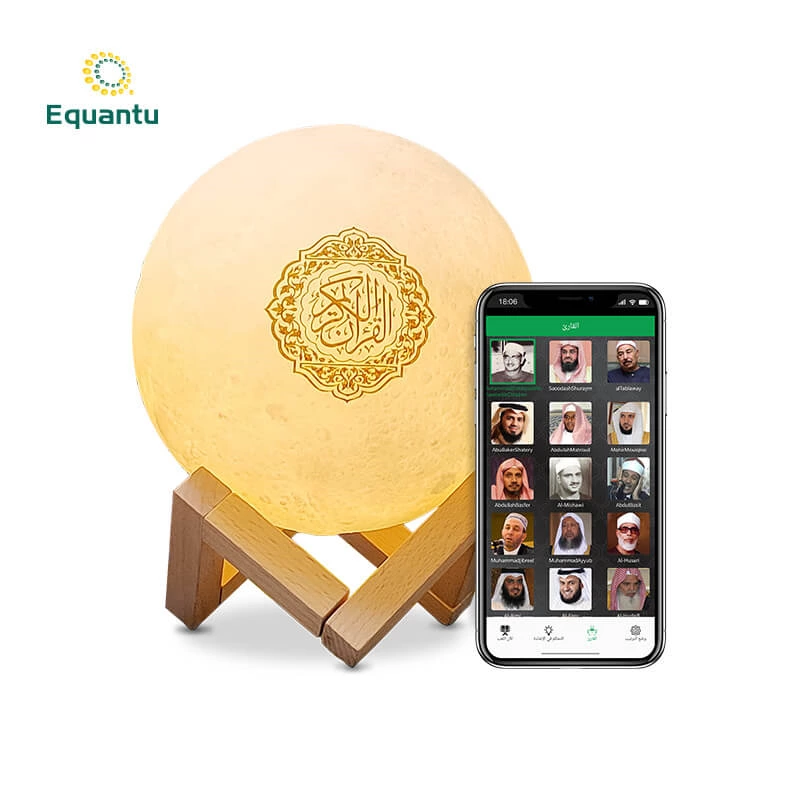Understanding the Qibla Compass
What is a Qibla Compass?
A Qibla compass is a specialized navigation tool designed to help Muslims find the direction of the Kaaba in Mecca, which is the Qibla (prayer direction) for all Muslims worldwide. It comes in two main forms:
- Traditional Magnetic Compass: A physical compass pre-calibrated with Qibla directions for different regions.
- Digital Qibla Compass: Smartphone apps or digital devices that use GPS and magnetometer technology to determine the Qibla.
Using a Traditional Qibla Compass
Step-by-Step Guide
- Find North: First, use the compass to determine which direction is North.
- Locate Your Region: Most Qibla compasses have markings for different world regions or cities.
- Align the Compass: Rotate the compass so that the needle aligns with the North marking.
- Read the Qibla Direction: Once aligned, the marking for your region will point towards the Qibla.
Tips for Accuracy
- Use the compass on a flat surface away from metal objects or electronic devices.
- For increased precision, use the compass outdoors where there's less magnetic interference.
- Remember that the magnetic North is slightly different from true North, which may affect accuracy over long distances.
Using a Digital Qibla Compass App
Basic Usage
- Download a Reliable App: Choose a well-reviewed Qibla compass app from your device's app store.
- Enable Location Services: Allow the app to access your device's GPS for accurate positioning.
- Calibrate the Compass: Follow the app's instructions to calibrate your device's compass.
- Read the Qibla Direction: The app will display an arrow or indicator pointing towards the Qibla.
Advanced Features
Many digital Qibla compass apps offer additional features:
- Augmented Reality (AR) View: Some apps use your phone's camera to overlay Qibla direction on the real world.
- Prayer Times Integration: Many apps include local prayer times along with the Qibla direction.
- Multiple Calculation Methods: Choose from different methods of calculating Qibla based on your preference or local conventions.
Common Challenges and Solutions
1. Magnetic Interference
Problem: Nearby metal objects or electronic devices can affect compass accuracy. Solution: Move to an open area away from potential sources of interference.
2. Incorrect Location Data
Problem: GPS inaccuracy can lead to wrong Qibla directions in digital apps. Solution: Ensure your location services are accurate and up to date. Cross-check with known landmarks if possible.
3. Compass Calibration Issues
Problem: Uncalibrated compasses can give inaccurate readings. Solution: For digital apps, follow the calibration process regularly. For traditional compasses, ensure it's level and still while taking readings.
4. Difficulty in High Latitudes
Problem: Near the poles, compass accuracy can be compromised. Solution: In such regions, rely more on calculated Qibla directions or use specialized high-latitude Qibla apps.
Qibla Compass in Various Settings
1. At Home
- Find a consistent spot for prayers and mark the Qibla direction once you've accurately determined it.
- Consider using a fixed Qibla indicator in your prayer area.
2. While Traveling
- Portable Qibla compasses or smartphone apps are invaluable for travelers.
- Remember to recalibrate digital compasses when changing locations significantly.
3. In the Workplace
- If possible, use a discreet Qibla compass app on your phone.
- Some workplaces in Muslim-majority countries have built-in Qibla indicators.
Maintaining Your Qibla Compass
For Traditional Compasses:
- Keep it away from magnets and electronic devices when not in use.
- Store in a cool, dry place to prevent damage to the magnetic needle.
- Periodically check its accuracy against known Qibla directions in your area.
For Digital Apps:
- Keep your app updated to the latest version.
- Regularly calibrate your device's compass sensor.
- Ensure your phone's operating system is up to date for best GPS and compass performance.
The Importance of Intention and Effort
While accuracy is important, Islamic scholars emphasize that the effort to find the correct Qibla is what matters most. The Prophet Muhammad (peace be upon him) said:
"What is between the east and the west is qibla." (Tirmidhi)
This hadith suggests that if one makes a sincere effort to face the right direction, minor inaccuracies are acceptable.
Conclusion
The Qibla compass, whether traditional or digital, is an invaluable tool for Muslims seeking to orient their prayers correctly. By understanding how to use these tools effectively, you can ensure that your prayers are aligned with the Qibla, enhancing your spiritual connection and unity with the global Muslim community.
Remember, while technology has made finding the Qibla easier and more accurate than ever before, it's the sincerity of your heart and the effort you put into your prayers that truly matter. Use these tools as aids in your worship, but don't let the technicalities overshadow the spiritual essence of your prayers.
Whether you're at home, traveling, or in a new city, with the right knowledge and tools, you can confidently establish your prayer direction. May this guide help you in your journey of worship, bringing you closer to Allah and the global Muslim ummah, united in facing the holy Kaaba during prayer.
